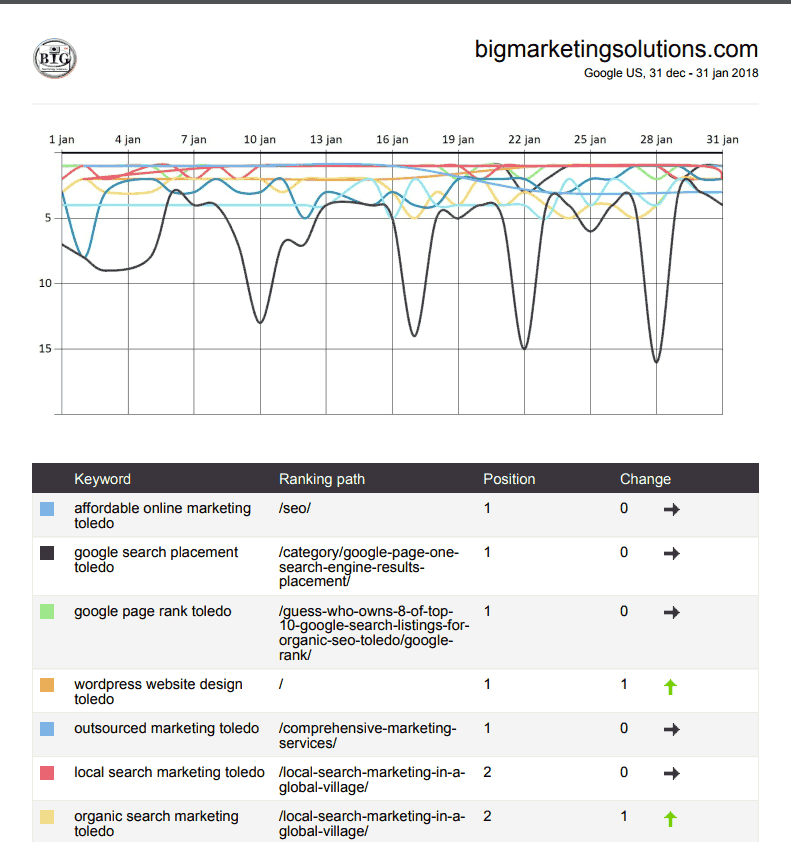What is SEO or Search Engine Optimization?

Search Engine Optimization is a Digital Marketing Skill Abbreviated as “SEO.”

SEO Google Rank Number One Global Scale
Search Engines mean Google. They own over 90% of all search volume so… until you have a 90% market share you don’t have to concern yourself much with how Bing (2.5% share) or Yahoo (1.5% share) do things.
The skill or practice of SEO is both science and art, requiring mathematical and statistical analysis as well as attention to known marketing processes such as working at obtaining attention, interest, desire, and action from the right audience.
Doing “SEO Work” on any website, blog, podcast channel, community, or ecommerce site means grooming and presenting (optimizing) your website in both public and background coding practices so it ranks well for desired site visitors.
The goal is to review and improve both visible website content and invisible code including meta tags, titles, image tags, and the like, so that it is easy for Search Engines to properly understand, categorize, and rank your site highly for the right kind of search.
Page one search results (usually meaning top 10 rank or better) are coveted for popular keywords or keyword phrases. Ranking in the top 3 is even better. The number one ranked site is said to receive as many as 70 times the clicks received by those further down even on page one results.
Top Rank results are generated by making sure the website clearly addresses relevant fields, topics, needs, or market categories. Items of interest to search engine algorithms include how the apparent “topic” and “content” of your site are related to the keyword or search phrase entered into the search box.
Search engines also consider not only the actual text of the search, but they also consider user needs or user intent based on (brace yourself):
- Recent user browsing activity
- Phrasing and order of the words if natural speech search or natural language question typed in search query box.
The user intent nuances the search engine results by running a second or third level check, considering intent, motivation, location in possible buying cycle, (slightly curious, doing some researching, actively shopping, etc…) They want to figure out if the user wants to “learn about” or to “buy soon” or even to “buy today.” For the latter, popular shopping sites will rank more highly than brand or product review sites or wholesale distribution related sites, or manufacturer information and support sites…. or even a popular Farm Blog. I’m sure you get the picture.
Each search engines rank websites according to a sort of point system based on their own unique, proprietary, and partly top-secret formulas or algorithms.
Of all SEARCH ENGINES, Google, Bing, and Yahoo are the top three market leaders for number of searches conducted daily, worldwide.

Google-SEO-Page-Rank
Google has somewhere north of a 90% market share for online searches so most practitioners direct their attention to what “is” more or less known about how Google “appears” to rank websites. The real formula or algorithm is a secret sauce that nobody outside Google really knows.
Anyway, about the OPTIMIZATION part… Visible content and invisible code both send signals to the Search Engines as to what the website is about, whether or not it seems useful to the people who find it, why, what they do on the site, and how many people are using it. These signals are sent intentionally or randomly. They include meta tags and title codes, description codes, and thousands of others. Random, missing, or empty parameters, as well as missing or misused titles and descriptions do not help at all. Failure to have important tags and titles and etc will produce a low rank.
Optimized means the site and each important page have been prepared to send all the right signals to search engines about what good the page or site offers, for whom. A website must answer a certain question or need which might be posed by a user on an Internet search engine in order to obtain rank for that search word or search term.
The question or need posted in the search box is considered by the search engine. The search results (rank) depends on likelihood that the website answers the question reliably and with authority.
Developing the right visual, video, and textual content for your site, as well as the code behind it, sends signals to Google about what kind of search will be satisfied by your website.
Even grammar, writing style, intended audience, and other issues will impact rankings.
Properly optimized sites and pages send signals to Google that demonstrate a relevant focus. A clear and intelligently articulated focus in code and on screen show intentionality. The proper attention to detail at code level earns high marks in the ranking game.
Recent Comments